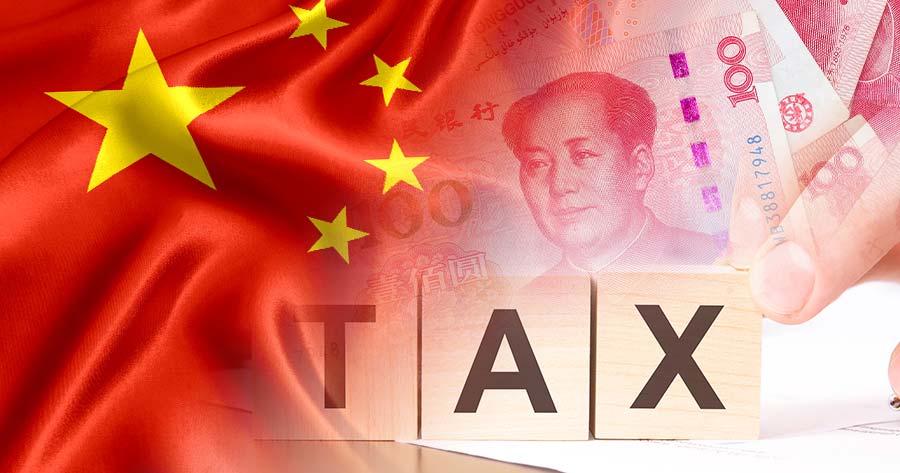According to a Bloomberg report citing sources familiar with the matter, China is set to reduce taxes on home purchases as part of increased fiscal measures to revive a sluggish housing market.
Regulators are crafting a proposal that would enable major cities like Shanghai and Beijing to lower the deed tax for buyers to as low as 1%, down from the current 3%. The sources mentioned that city governments would have flexibility in adjusting the regulations.
As hinted by Finance Minister Lan Fo’an last Friday, the plan signifies Beijing’s heightened commitment to utilizing fiscal strategies alongside monetary easing to support the lackluster economy.
Lan’s announcement of more robust fiscal policies for the upcoming year after revealing a 10 trillion yuan debt swap for local governments indicates the potential for more assertive actions following the inauguration of US President-elect Donald Trump.
Moreover, the new proposal is expected to eliminate the differentiation between ordinary and luxury homes in top-tier cities, significantly reducing costs for individuals looking to upgrade their living spaces. This move aligns with China’s initial intentions to eliminate such distinctions following the Third Plenum in July.
Apart from the deed tax adjustment, Chinese homeowners are also subject to face a significant value-added tax of approximately 5% if they sell their properties within a two-year period. For instance, in Shanghai, residences exceeding 144 square meters are classified as “non-ordinary.”
Economists are urging for increased fiscal support to ensure China meets its approximately 5% economic growth target for this year.
President Xi Jinping emphasized the importance of achieving this goal last month, especially amidst a prolonged property market downturn that has led to the depletion of household wealth in the billions of US dollars, exacerbating deflationary tendencies.
The proposal to reduce property taxes is expected to rekindle investors’ optimism for extensive stimulus measures aimed at enhancing domestic demand and addressing deflation following the recent legislative meeting that failed to meet market expectations.
Over the past two months, China has rolled out a comprehensive set of policies to bolster the property market, including lowering interest rates on existing mortgages, relaxing purchase restrictions in major cities, and easing down payment requirements.





